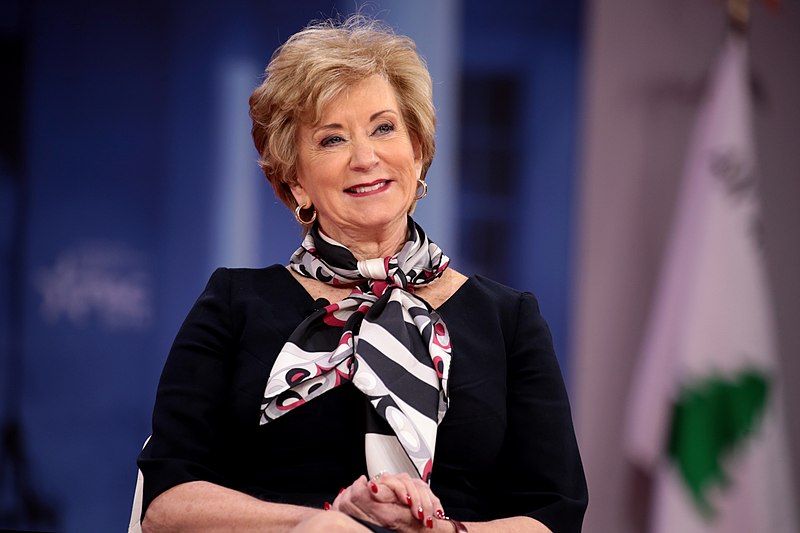WASHINGTON – Meredith Peterson is the parent of a 17-year-old with Down syndrome. The Pennsylvania mother said the Office of Special Education and Rehabilitative Services (OSERS) is crucial in protecting her access to resources and funding as she navigated raising her child.
Peterson says she relied on OSERS resources “to really understand and learn about education law, learn about procedural safeguards, the protections, and… to make sure that my child has what she needs and is thriving.”
Peterson is intimately familiar with OSERS operations. She is the Executive Director at PEAL, the Pennsylvania Parent Training and Information Center. The organization is mandated by IDEA, the law that provides funding and accommodations for 7.5 million kids with disabilities. It is overseen by OSERS.
But now, she says, those essential oversight and funding services are at risk.
The U.S. Department of Education eliminated 121 OSERS staff members and 137 people in the Office for Civil Rights in October, after the start of the government shutdown. In September 2024, the last time the federal government published agency employment numbers, OSERS had 179 staff members and the Office for Civil Rights had 568.
While all federal layoffs initiated during the government shutdown are temporarily paused by a federal judge, parents and experts say they fear that money and civil rights protections overseen by OSERS and the Office of Civil Rights could be lost.
“I feel like it’s turning back time,” Peterson said.
Dr. Shameka Stewart works with children with special education needs within the justice system. She said that with reduced staff, OSERS could become overloaded with requests for funding and parent complaints, leading to delays in enforcement.
“The youth are going to get the blunt [end] of all of this impact, because then, they’re not getting quality services – they’re not getting services at all,” Dr. Stewart said. “There’s going to be a risk to the compliance around [it] if the child is actually getting what they need to be successful in education, which is a civil rights violation.”
Peterson says she worries the lack of OSERS staff will leave parents like her without recourse if schools violate IDEA protections.
“Who is that oversight, and how does that family get the resolution when perhaps there is an inconsistency, or an unfairness, or discrimination that’s happening,” she asked. “Where does the family go?”
In a statement, Education Secretary Linda McMahon said the government shutdown has forced agencies like hers to reevaluate what services are “truly critical” for Americans.
“No education funding is impacted by the RIF, including funding for special education,” McMahon wrote on October 15. “Two weeks in, millions of American students are still going to school, teachers are getting paid, and schools are operating as normal. It confirms what the President has said: the federal Department of Education is unnecessary, and we should return education to the states,” she added.
However, educators argue returning oversight of education to the states could further threaten protections for special education students.
Dr. Tinita Kearney is a speech-language pathologist in Maryland who has worked with children with special education needs for over a decade.
“Even with the important protections and guidelines set by IDEA, schools and districts across the country differ greatly in how they follow them,” Dr. Kearney said. “Without strong oversight from the Department of Education, these differences could grow worse, harming students with disabilities nationwide.”
She says the potential staffing cuts are already leading to confusion and uncertainty in schools.
“That confusion means questions are going unanswered, timelines are extended, and those critical pieces, the services that these students need with consistency, are completely not being given consistently at this point,” Dr. Kearney said.
Peterson worries that without OSERS protections guaranteeing educational support, future career opportunities and even representation for students with disabilities could be put at risk.
“We are now in a society where our kids are everywhere,” she said. “You see ads on social media, you see ads in Target, American Eagle, and our kids are there because we’re included. We’re not being hidden anymore. I don’t want us to have to turn back time, where, you know, we’re no longer an accepting and inclusive society.”


